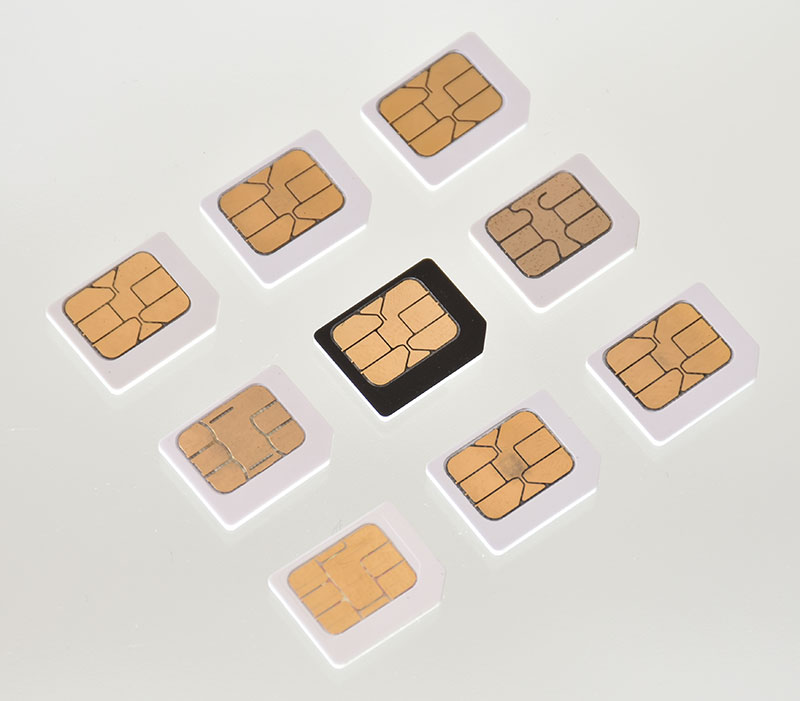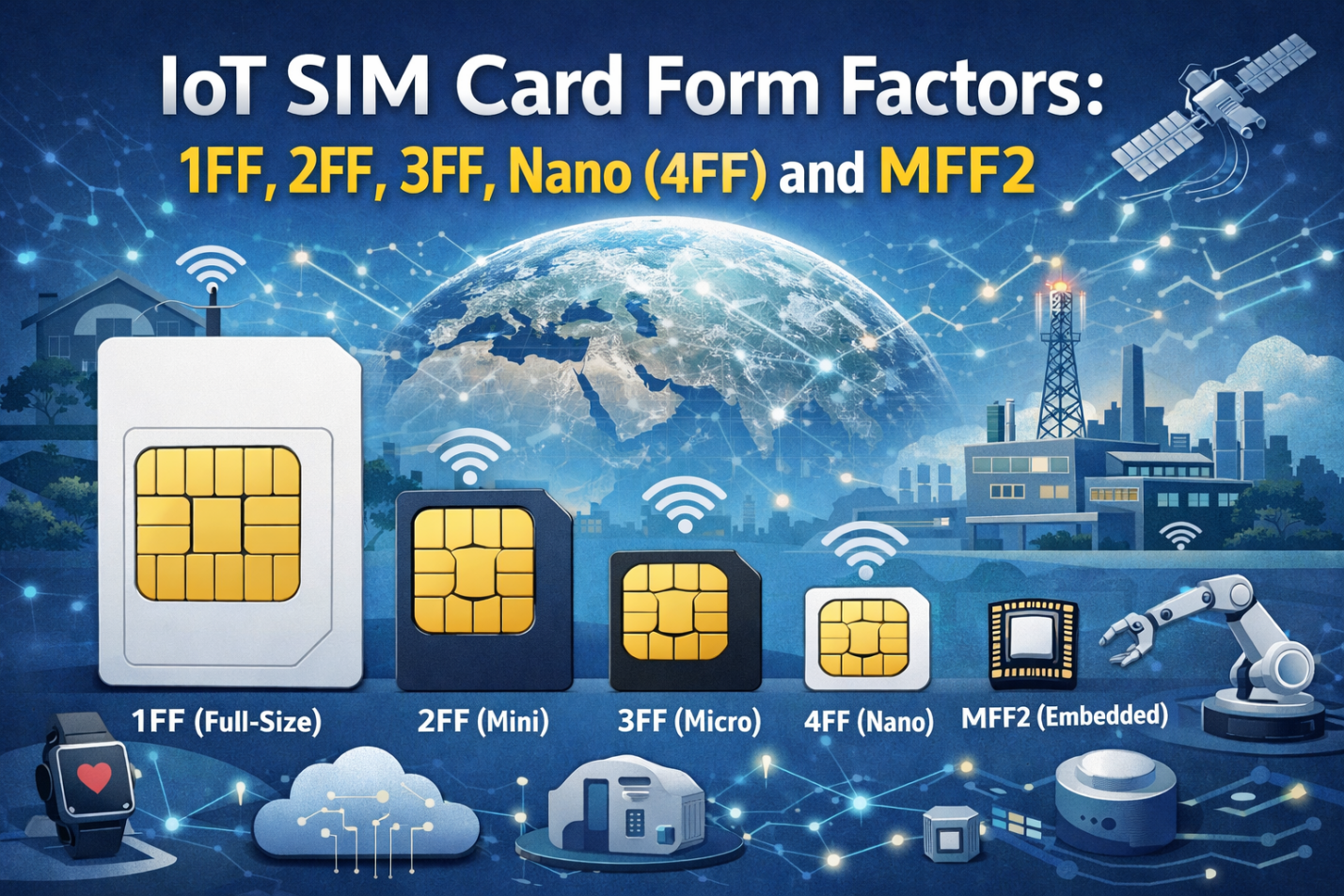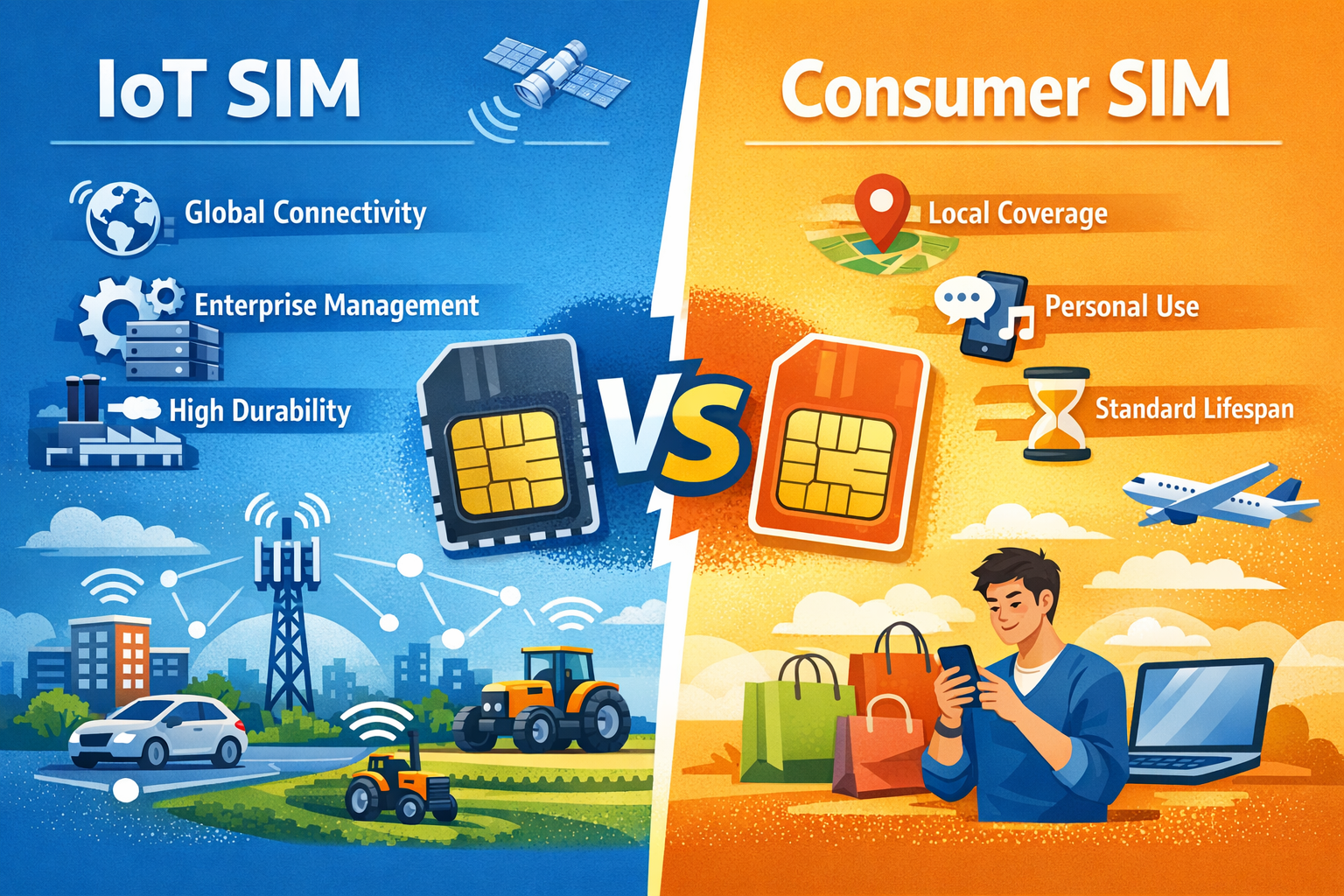1. Introduction: Why Global IoT Connectivity Matters
In today’s connected world, every business that relies on remote devices—from GPS trackers and smart meters to security cameras and logistics platforms—needs reliable IoT connectivity.
The foundation of this connectivity is the IoT SIM card. Choosing the right IoT SIM provider can determine whether your devices stay connected globally or face costly downtime.
With the rise of cross-border operations and real-time data monitoring, global coverage is no longer a nice-to-have feature—it’s a business necessity. This article reviews leading IoT SIM providers, comparing their coverage, network quality, pricing, platform features, and customer support to help you make the right decision.
2. What Makes a Great IoT SIM Provider?
Before diving into the reviews, let’s outline what defines a top-tier IoT SIM provider:
a. Multi-Network Global Coverage
The best IoT SIM providers offer multi-IMSI or eSIM technology, enabling connections to multiple carriers in different countries. This prevents “dead zones” and ensures consistent service.
b. Scalability
For businesses with thousands—or millions—of devices, scalability is key. Providers should offer flexible APIs, centralized management platforms, and simplified SIM activation.
c. Transparent Pricing
Clear and predictable data plans, with no hidden roaming fees, are essential for B2B clients managing large IoT deployments.
d. Security & Reliability
Top IoT SIM providers integrate VPNs, private APNs, and data encryption to ensure secure data transmission between devices and the cloud.
e. Customer Support & Account Management
Enterprise clients need responsive support, ideally with 24/7 assistance and dedicated account managers for onboarding and troubleshooting.
3. The Top Global IoT SIM Providers (2025 Edition)
Below we review and compare the leading IoT SIM providers in 2025 based on coverage, features, and performance.
3.1 Vodafone IoT
Overview:
Vodafone is a global telecom leader offering enterprise-grade IoT connectivity in over 180 countries.
Strengths:
- One of the broadest global IoT footprints
- Advanced IoT management platform (GDSP)
- Proven reliability and corporate-level support
Weaknesses: - Premium pricing for smaller deployments
- Complex contracts for startups
Best for: Large enterprises needing global, secure IoT solutions.
3.2 Deutsche Telekom IoT (T-Mobile)
Overview:
Deutsche Telekom’s IoT Hub connects devices through over 600 roaming partners worldwide.
Strengths:
- Excellent coverage in Europe and North America
- Competitive M2M pricing tiers
- Private APN and security integration
Weaknesses: - Limited pay-as-you-go options
- Slightly complex management dashboard
Best for: Businesses operating across Europe and North America.
3.3 Telefónica Tech IoT
Overview:
Telefónica provides IoT SIM cards under its Smart Connectivity platform, serving industrial and smart city projects.
Strengths:
- Robust data security and analytics tools
- API integration and scalable management
Weaknesses: - Slower expansion in Asia
- Setup fees for smaller accounts
Best for: Industrial IoT and smart metering solutions.
3.4 AT&T IoT
Overview:
AT&T’s IoT Global SIM connects across 500+ carriers and supports LTE-M and NB-IoT networks.
Strengths:
- Extensive North American coverage
- Strong IoT developer ecosystem
- 5G-ready infrastructure
Weaknesses: - Higher cost for international data
- Limited coverage in emerging markets
Best for: U.S.-based companies expanding globally.
3.5 1NCE
Overview:
1NCE offers low-cost IoT connectivity with transparent pricing—$10 for 10 years per SIM.
Strengths:
- Simple pricing model
- Global coverage via 160+ countries
- eSIM option available
Weaknesses: - Limited high-data plans
- No real-time support for smaller customers
Best for: Small-to-medium IoT deployments and startups.
3.6 Soracom
Overview:
Soracom provides programmable IoT connectivity with strong developer tools and global SIM options.
Strengths:
- Flexible pay-as-you-go plans
- Excellent APIs and dashboard
- Reliable coverage in 190+ countries
Weaknesses: - Slightly tech-heavy setup
- Limited enterprise customization
Best for: Tech-driven IoT companies and developers.
3.7 Aeris Communications
Overview:
Aeris focuses on industrial and automotive IoT with custom M2M connectivity.
Strengths:
- Private network for IoT traffic
- High reliability for mission-critical systems
Weaknesses: - Not suitable for small deployments
- Complex integration for startups
Best for: Automotive and industrial sectors.
3.8 EMnify
Overview:
EMnify specializes in cloud-native IoT connectivity, offering a management platform integrated with AWS and Azure.
Strengths:
- Global multi-network coverage
- Strong cloud compatibility
- Transparent billing system
Weaknesses: - Requires technical configuration
- Higher entry pricing
Best for: Cloud-based IoT businesses and SaaS platforms.
3.9 KORE Wireless
Overview:
KORE is one of the oldest dedicated IoT connectivity providers, focusing on enterprise-level IoT and M2M solutions.
Strengths:
- Deep industry expertise
- Multi-network global access
- Advanced IoT lifecycle management tools
Weaknesses: - Expensive for smaller accounts
- Slower customer support response
Best for: Enterprises managing large, global IoT ecosystems.
3.10 Truphone / eSIM.io
Overview:
Truphone offers eSIM-based IoT connectivity, ideal for modern embedded devices.
Strengths:
- Instant remote provisioning (eSIM)
- High flexibility and scalability
Weaknesses: - Limited data plans for high-bandwidth IoT
- Inconsistent coverage in rural areas
Best for: eSIM-enabled IoT devices and modern hardware manufacturers.
4. Comparative Analysis: Coverage and Performance
| Provider | Coverage (Countries) | eSIM Support | Ideal Use Case | Price Model |
|---|---|---|---|---|
| Vodafone | 180+ | Yes | Global enterprise | Tiered |
| Deutsche Telekom | 600+ partners | Yes | Europe & North America | Tiered |
| Telefónica | 130+ | Yes | Industrial IoT | Contract |
| AT&T | 500+ | Yes | North America | Contract |
| 1NCE | 160+ | Yes | SME / Startups | Fixed |
| Soracom | 190+ | Yes | Developers | Pay-as-you-go |
| Aeris | 100+ | Limited | Automotive | Contract |
| EMnify | 180+ | Yes | Cloud IoT | Usage-based |
| KORE | 200+ | Yes | Enterprise | Custom |
| Truphone | 150+ | Yes | eSIM devices | Flexible |
5. How to Evaluate Global IoT SIM Coverage
When selecting your IoT SIM provider, consider these key aspects:
- Multi-network access: Can your SIM switch carriers automatically when a network fails?
- Roaming agreements: Does the provider use local breakout or global routing for data efficiency?
- Latency performance: Especially crucial for time-sensitive IoT systems like tracking or remote control.
- Data security: Ensure your IoT SIM provider uses VPN tunnels and private APNs.
- Platform insights: Does the management platform allow real-time monitoring, billing, and analytics?
6. The Rise of eSIM and Global IoT Platforms
In 2025, eSIM technology and cloud-native connectivity are reshaping how IoT SIM providers deliver value.
With remote provisioning and over-the-air activation, companies can deploy devices globally without swapping physical SIMs.
Providers like EMnify, Truphone, and Soracom are leading this transformation, offering flexibility and speed for global IoT rollouts.
7. Expert Tips for Choosing the Right IoT SIM Provider
- Start with a pilot project — test connectivity across multiple regions.
- Ask for coverage maps and latency reports — don’t rely solely on marketing claims.
- Evaluate platform usability — look for APIs, automation, and real-time dashboards.
- Check for scalability options — especially if you plan to grow from hundreds to thousands of devices.
- Prioritize customer support — downtime costs money; fast assistance is critical.
8. Final Verdict: Who Offers the Best Global IoT Coverage?
- Best Overall Coverage: Vodafone IoT
- Best for Cost Efficiency: 1NCE
- Best for Developers: Soracom
- Best for Enterprise Cloud Integration: EMnify
- Best for eSIM Solutions: Truphone / eSIM.io
Each IoT SIM provider brings unique strengths. The right choice depends on your region, data usage, scalability, and device type.
If you need reliable global IoT SIM coverage, look for multi-network access, transparent pricing, and a strong management platform.
9. Conclusion
Selecting the right IoT SIM provider is a strategic decision that impacts connectivity, performance, and long-term scalability.
Whether you’re powering smart meters, asset trackers, or industrial sensors, your provider must offer global reach, stability, and data security.
As IoT ecosystems continue to grow, the best providers will be those that combine global coverage with intelligent connectivity management—ensuring your devices stay online, everywhere, all the time.
Looking for a reliable IoT SIM provider with stable connectivity, competitive pricing, and dedicated enterprise support?
Zhongyi IoT offers global IoT SIM card solutions that power smart devices across industries — from GPS tracking and metering to security and logistics.
Contact us today to get a customized IoT connectivity plan that fits your business needs.
👉 Get in touch with Zhongyi IoT now and experience seamless global connectivity.



